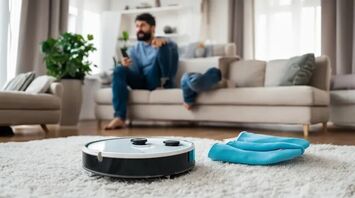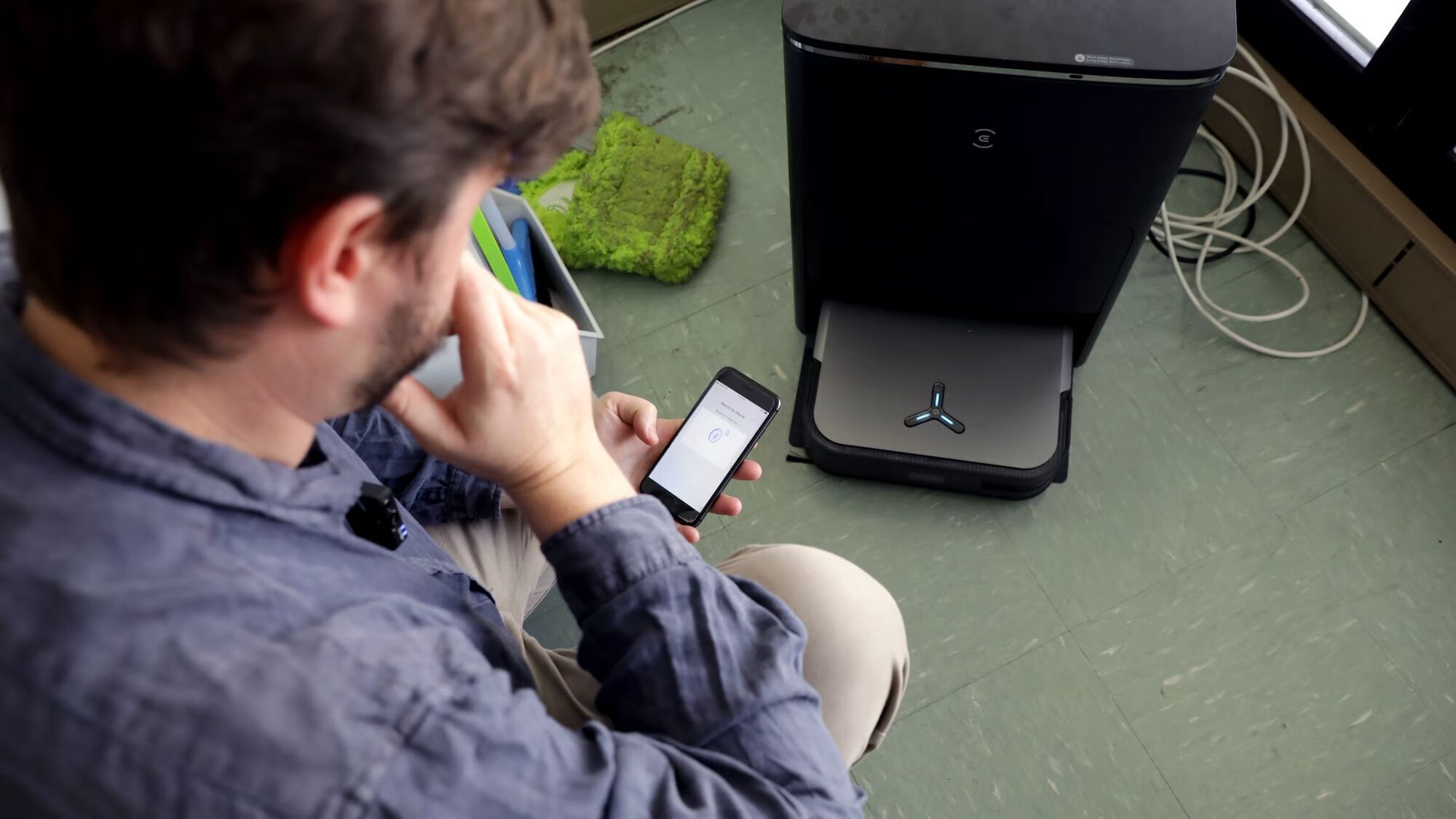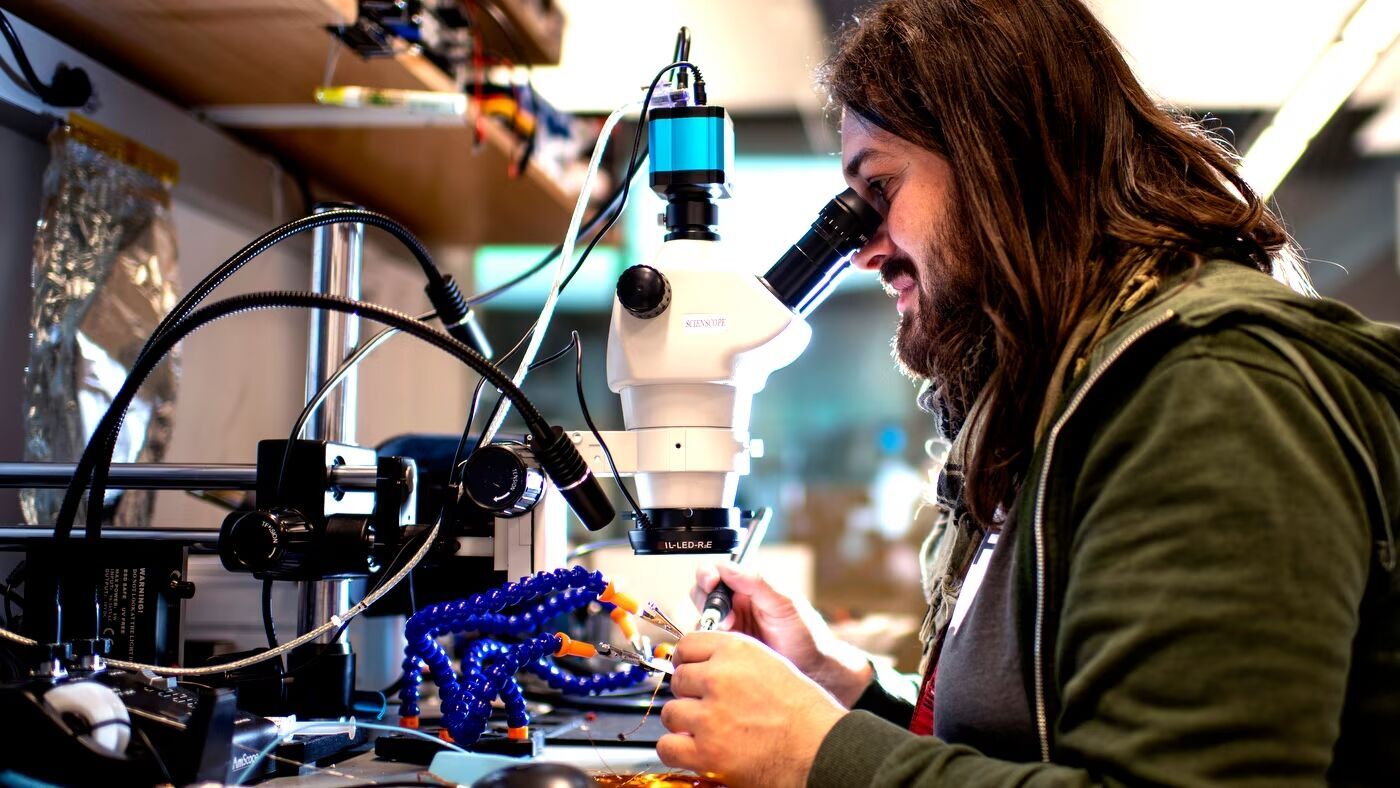If you think your robot vacuum is watching you, you might not be wrong

If concerns about your robot vacuum watching you seem overblown, a recent report reveals that they may not be completely unfounded, especially in the case of Ecovacs models. Researchers have discovered vulnerabilities that allow hackers, with some technical skill but no direct physical access, to exploit these vacuums, accessing systems and cameras onboard. ABC Australia journalist Julian Fell, in collaboration with cybersecurity expert Dennis Giese, managed to hack into an Ecovac robot using just a Bluetooth connection and a specialized payload. This startling revelation meant that, in moments, Fell and Giese could view the vacuum's live camera feed and even communicate with its owner through the speaker.

Noted for security concerns across their industry, Ecovac responded by stressing its commitment to data security and explaining ongoing efforts to enhance system protections. Despite their reassurances to consumers in the past, the disparity between real security measures and user assumption of safety showcases a significant gap. The core claim that such security breaches require physical access was contradicted vividly by Jules Fell’s work, which demonstrated hacks facilitated solely by remote Bluetooth connection.

Giese, who regularly examines vulnerabilities across popular brands like Neato and iRobot, highlights these discoverable flaws yet acknowledges that Ecovacs aimed for standard certification. Ultimately, consumers owning any Ecovacs should ensure theirdevices' software is consistently updated. As a preventative measure, cautious users might cover the devices when they're idle. This situational oversight lands Ecovac among various vendors with ongoing vulnerabilities that, without deep attention, leave both the company and their customers exposed.
Earlier, SSP wrote that Priceline has a new AI voice assistant thanks to OpenAI.



















